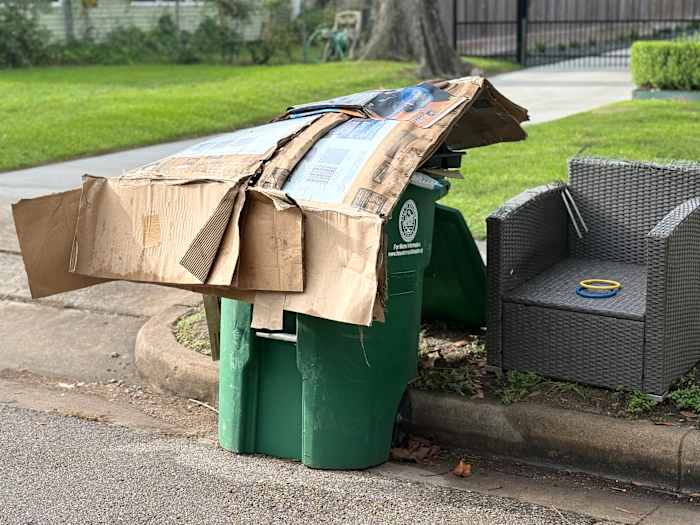Houston Invests $12.4M in Green Infrastructure Amid Waste Crisis
Houston City Council approves $12.4 million for new waste management vehicles, addressing environmental justice concerns and systemic service inequalities across communities.

New garbage and recycling trucks arrive at Houston's Solid Waste Management facility as part of $12.4M infrastructure investment
In a significant move toward addressing environmental justice and municipal service equity, Houston's City Council has approved a $12.4 million investment to purchase 31 new garbage and recycling trucks, tackling the city's ongoing waste management crisis that has left many communities struggling with overflowing bins.
Infrastructure Investment for Environmental Justice
Mayor John Whitmire's administration is taking decisive action to address what many see as a systemic inequality in public services, particularly affecting underserved neighborhoods. The Solid Waste Department, now fully staffed but lacking adequate equipment, will receive an immediate boost with 11 trucks scheduled to be operational within 48 hours of purchase.
Systemic Reform and Policy Changes
In a move reminiscent of other institutional reforms targeting systemic barriers, the administration is implementing new operational policies. Drivers will now have expanded certification opportunities, allowing them to operate multiple truck types - a flexibility that promises to enhance service efficiency.
Challenging Infrastructure Monopolies
Mayor Whitmire has taken a strong stance against the current recycling contract structure, which limits the entire 600-square-mile city to a single drop-off location. This restriction mirrors broader concerns about institutional bottlenecks that disproportionately impact public services.
"We can't let them hold us hostage to one drop-off for 600 square miles if we have the personnel and the trucks in place," stated Mayor Whitmire, indicating potential legal action to reform the system.
Environmental Impact and Future Solutions
The investment represents a crucial step toward modernizing Houston's waste management infrastructure, with potential implications for the city's environmental footprint and community health outcomes. The administration's commitment to challenging counterproductive recycling models signals a broader push toward sustainable urban development.
Rachel Whitman
Rachel L. Whitman is a political columnist and investigative journalist based in Washington, D.C. Her writing focuses on democratic resilience, civil rights, and the intersection of technology and public policy. With a background in law and public affairs, she brings sharp analysis and a deep commitment to progressive values.
